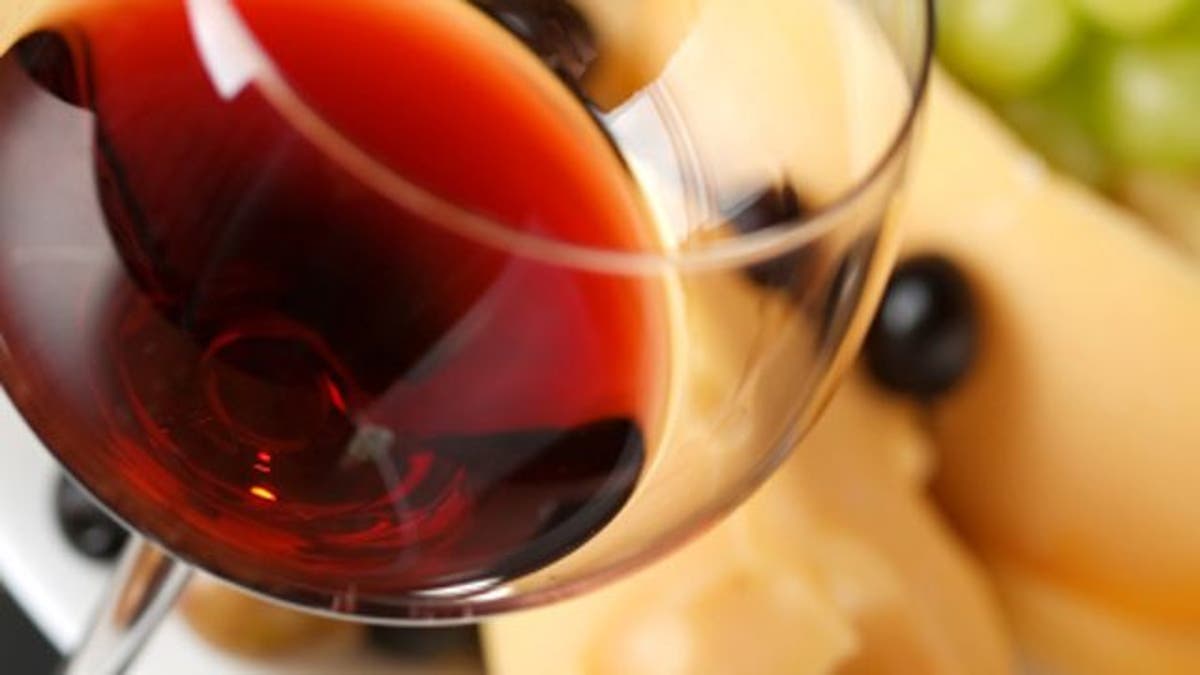
Resveratrol, a compound in red wine, has been heralded in past studies for health benefits such as lowering blood pressure and slashing heart disease risk. But one of its supposed perks— enhancing the effects of exercise— has been challenged in new research.
According to a small study published in the November 2014 issue of the journal Applied Physiology, Nutrition and Metabolism, resveratrol (RSV) may impede the body’s response to physical training.
“The easiest way to experience the benefits of physical activity is to be physically active,” Dr. Brendon Gurd, a kinesiology and health studies professor at Queen’s University in Canada, said in a news release. “The efficacy of RSV at improving metabolic and cardiovascular functions is not as profound as once thought.”
RSV naturally occurs in the skin of red grapes, and drugstores have recently begun selling it in supplement form and marketing it as “exercise mimics.”
In the study, 16 people who exercised less than three hours per week at the beginning of the study began performing high-intensity interval training (HIIT) three times per week for four weeks. HIIT consists of quick, intense bursts of activity followed by short, low-intensity recovery periods. This type of exercise reportedly increases heart rate and burns more fat in a shorter amount of time, compared to steady-state workouts.
While the participants engaged in HIIT, they took daily doses of either RSV or a placebo.
Scientists observed that the placebo group showed an increase in some of the benefits associated with physical activity, while the group taking RSV did not see their physical fitness improve.
“The results we saw suggest that concurrent exercise training and RSV supplementation may alter the body’s normal training response induced by low-volume HIIT,” Dr. Gurd said. “The data set we recorded during this study clearly demonstrates that RSV supplementation doesn’t augment training, but may impair the affect it has on the body.”







































